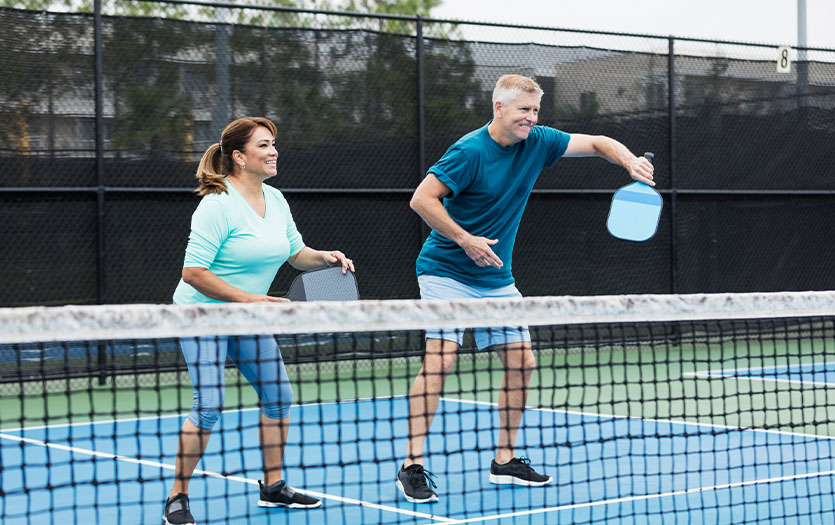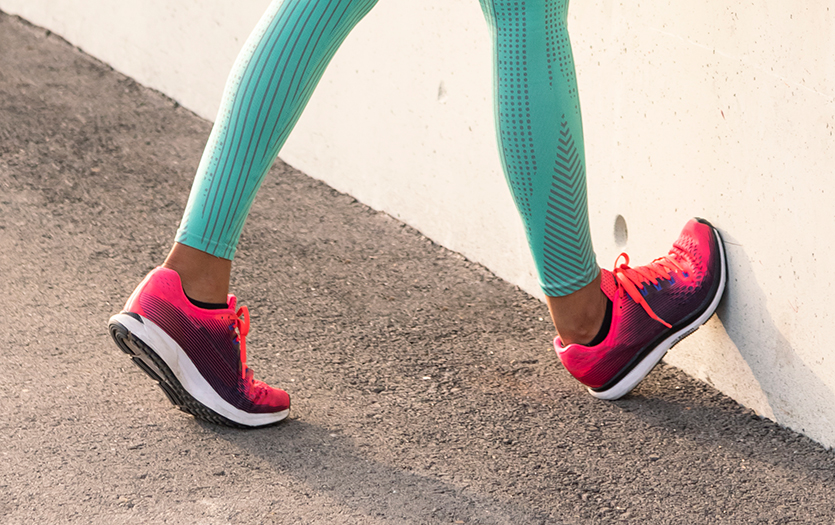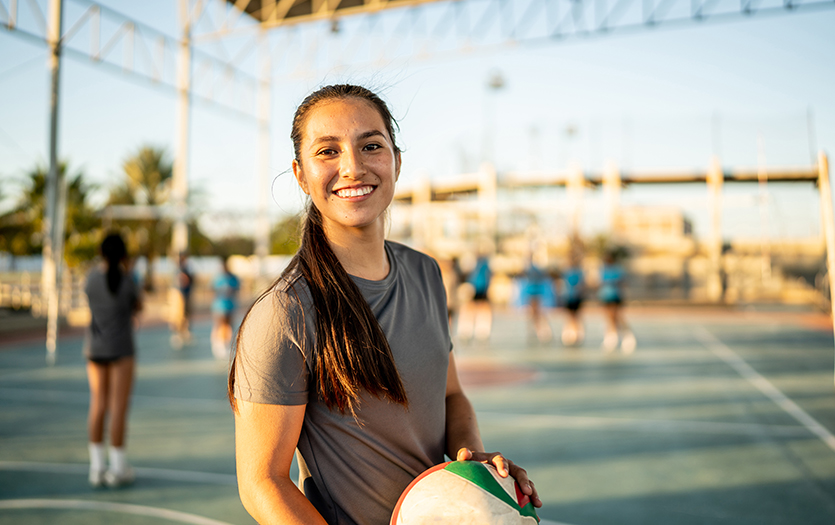
Triathlons have been the ultimate athletic event since the 70's. With the combination of swimming, cycling and running, these competitions require a great amount of strength, stamina and proper training. If you don't prepare your body physically for these robust events, you are more susceptible to injury. Mackenzie Clark, MS, LAT, ATC, Parkview Sports Medicine, shares some tips athletes can practice before and after to minimize their risk of injury and achieve maximum results.

Know your limits and start slow
- Don’t increase your miles too quickly. Your body needs time to adapt to training.
- If your workout intensity increases too quickly, muscle soreness can set in, causing setbacks for your training routine.
- If you start having pain during any of your training, STOP! Rest and ice. Talk to your physician. You don’t want to push through an injury that could get worse.
- Stretch before and after training each day.
- On your off day try low impact stretching and try something new, like yoga.
- Loosen up your muscles: Foam rollers are great for releasing tight muscles. Use foam rolling in addition to dynamic and static stretching.

Strength exercises
- Try adding low weight/high repetition strengthening exercises to your training program.
- Strengthen your core. Core muscles help stabilize your body to enhance your swimming, running and cycling mechanics as well as prevent injury. A strong core can help propel you forward when swimming, keep your body in proper alignment while running, and helps you keep your balance while cycling. When most people think about their core, abdominals are the only muscle group that comes to mind. Other core muscles include your erector spinae (back) muscles, as well as your gluteus maximus (buttocks).

Hydrate
- It is extremely important to hydrate during training, throughout the race, and after the race. Proper hydration can decrease fatigue and muscle cramping.
- According to the National Athletic Trainers’ Association’s position statement on fluid replacement for athletes (2000), for proper pre-hydration athletes should consume approximately 17 – 20 fl. oz. of water or sports drink 2 – 3 hours prior to training or competition and approximately 17 – 20 fl. oz. 10 – 20 minutes before training or competition. During training or competition, an athlete needs to take in approximately 7 – 10 fl. oz. every 10 – 20 minutes. Post training or competition, an athlete needs to rehydrate, ideally this should take place within 2 hours of training or competition.
Casa, D. J., Armstrong, L.E., Hillman, S. K., Montain, S.J., Reiff, R.V., Rich, B.S., Roberts, W.O., and Stone, J.A.(2000). National Athletic Trainers’ Association position statement: Fluid replacement for athletes. Journal of Athletic Training, 35 (2), 212-224.



